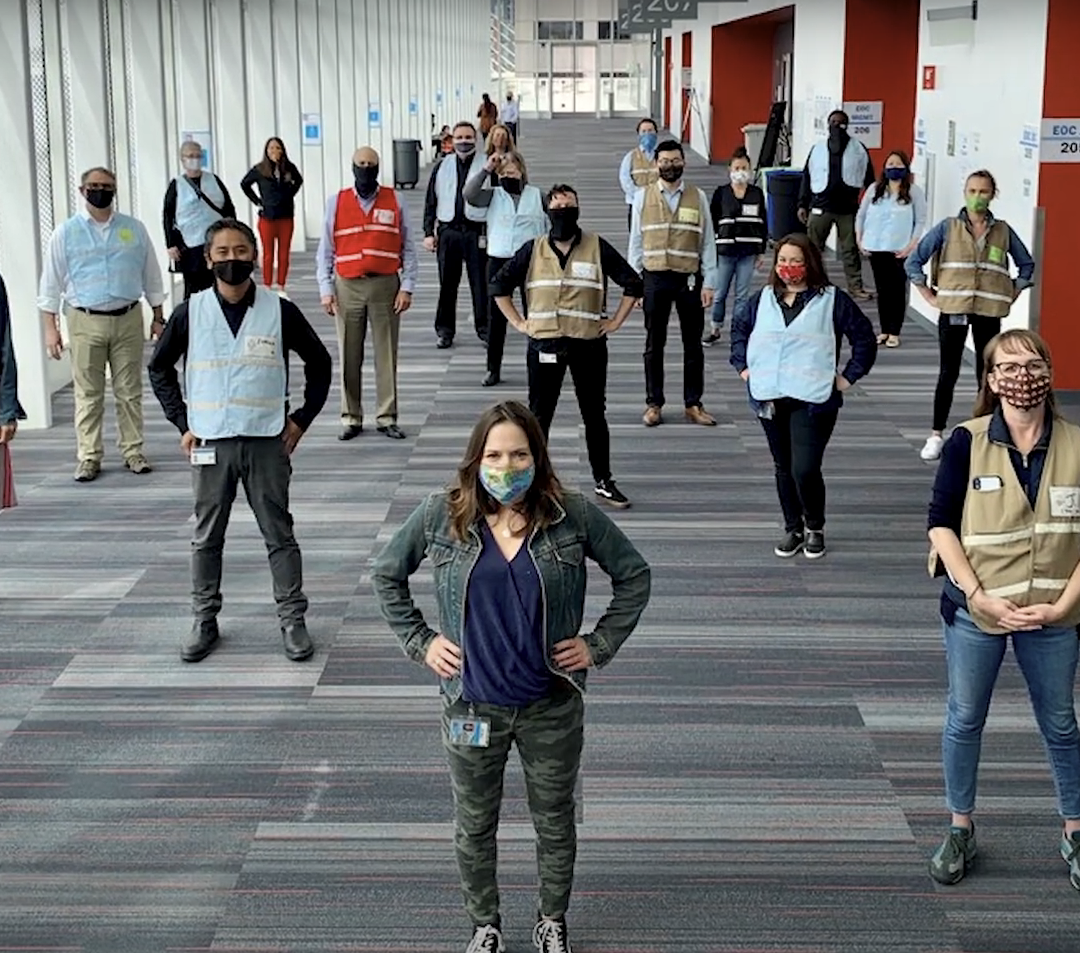BCHC expresses concern with the Biosecurity Infrastructure for Operational Early Warning Act draft
June 2023

BCHC wrote to Representatives Dan Crenshaw and Scott Peters in response to the Biosecurity Infrastructure for Operational Early Warning Act discussion draft. We are concerned that while well intended, the discussion draft will serve to undermine the federal, state, and local public health disease reporting and surveillance infrastructure.
BCHC has serious concerns about this draft legislation, particularly Section 5, “Coordination of HHS Early Warning and Disease Detection Programs,” which would restructure disease surveillance and forecasting programs across the Department of Health and Human Services. We strongly oppose transferring operational roles from the CDC to the ASPR. We fear that moving entire programs and systems, built over several decades, would be counterproductive and hinder modernization of disease detection and emergency response capabilities. These concerns include:
- Primary roles and expertise. While ASPR serves a coordination role for emergencies, that role does not equate to a capacity or expertise to “coordinate and oversee” major disease detection and surveillance programs. The changes proposed in Section 5 would be counter to the primary roles and expertise of both ASPR and CDC.
- Inefficiencies. The legislation as written would be extremely onerous, taking years and significant new funding to achieve the intended transitions. The programs named in this section are not just stand-alone disease detection systems, but programs that provide grants and technical assistance, build capacity, and partner with health departments, health care systems, and in the case of Global Disease Detection, foreign ministries of health. These programs are not housed in a single office but a network across CDC and across the country. It is not a simple prospect to move oversight and coordination of any of these programs to a different agency.
- Relationships with local agencies. In large scale responses, decision making authority does not always sit at the federal or state level, but the local one. ASPR does not have the relationships or systems in place to function as the biosecurity lead to engage with local jurisdictions.
Rather than attempting to convert ASPR into a public health agency, as this legislation would aim to do, it would make more sense to give CDC and its state, tribal, local, and territorial partners the tools to modernize how they detect emerging threats. CDC is taking significant steps to collect and share data faster and better leverage private sector data and partnerships. These tenets are core objectives of the CDC Moving Forward effort. Congress also recently provided CDC with “Other Transactional Authority” to better enable use of nontraditional and private sector data. We encourage Congress to let these important actions play out before making wholesale changes.
Read the full letter
Download now Read the full letter
Press Release